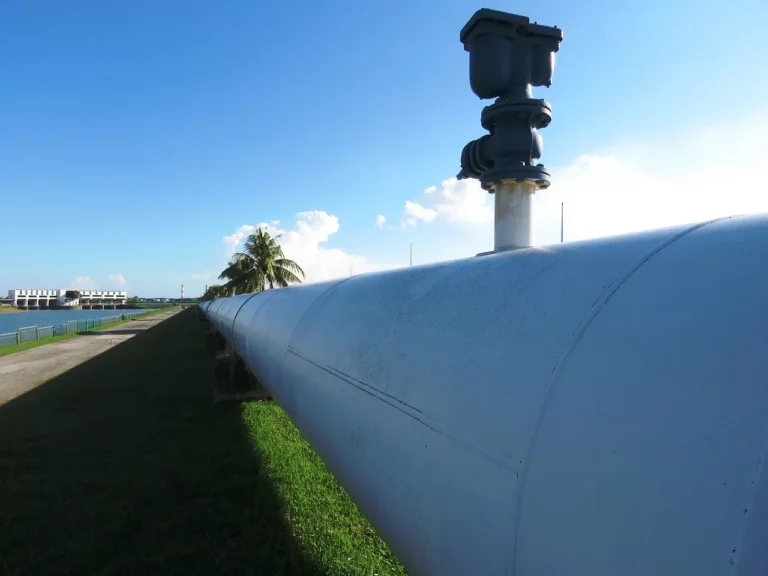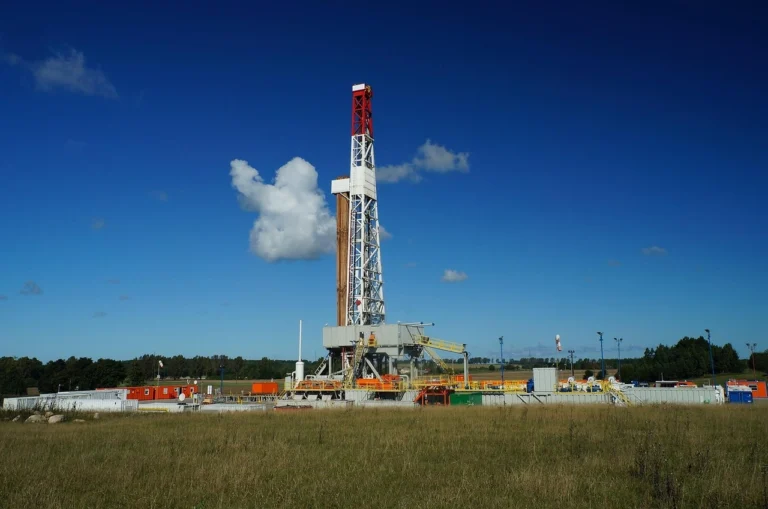
Joint Shale Gas Deal with Chevron to Boost U.S. Energy Profits
Tokyo Gas Co., Ltd. (President: Shinichi Sasayama, hereinafter “Tokyo Gas”) has entered into a joint shale gas development agreement with Chevron Corporation (hereinafter “CVX”) in the East Texas region. This agreement, facilitated through TG Natural Resources, Inc. (hereinafter “TGNR”), a subsidiary of Tokyo Gas Americas, Inc., marks a significant step in Tokyo Gas’s strategy to strengthen its presence in the U.S. energy market and enhance the efficiency of its asset portfolio.
Overview of the Agreement
Under this agreement, TGNR will collaborate with CVX in the joint development and operation of CVX’s shale gas assets located adjacent to TGNR’s primary holdings. TGNR will acquire a 70% stake in these assets by making an upfront payment of $75 million, followed by additional staged payments totaling $450 million over several years. These payments will be managed within TGNR’s existing cash flow framework, ensuring a financially sustainable acquisition process.
The assets involved in this agreement present substantial profitability potential and offer significant room for further development. With an estimated capacity to supply shale gas for over two decades, these assets not only contribute to long-term resource security but also enhance the overall efficiency of Tokyo Gas’s shale gas business in the United States.

Strategic Importance and Asset Portfolio Optimization
Tokyo Gas has been actively reassessing its asset portfolio to enhance efficiency and optimize its investments. As part of this strategy, the company has also transferred its Eagle Ford shale gas interests to Shizuoka Gas Co., Ltd. for $130 million. This transaction aligns with Tokyo Gas’s broader initiative to streamline its asset holdings and reallocate resources to higher-value opportunities.
By acquiring CVX’s shale gas assets, Tokyo Gas aims to consolidate its development and operational areas around TGNR’s core holdings. This consolidation is expected to generate cost-saving synergies, improve operational efficiencies, and enable the company to supply competitively priced natural gas. Moreover, this move aligns with Tokyo Gas’s long-term goal of establishing a robust energy value chain in the United States, leveraging its shale gas business as a cornerstone of this strategy.
Expansion into Midstream and Downstream Sectors
Recognizing the volatility of commodity prices and their impact on earnings, Tokyo Gas is taking proactive steps to stabilize its financial performance. A key component of this strategy is expanding its presence beyond upstream shale gas production into midstream and downstream operations. By securing stable energy sales destinations and diversifying its revenue streams, the company aims to mitigate price fluctuation risks and enhance overall earnings stability.
This strategic shift will facilitate the development of an integrated energy value chain encompassing natural gas production, transportation, and distribution. By doing so, Tokyo Gas seeks to create a more resilient and profitable business model that can withstand market fluctuations and provide a stable energy supply to both domestic and international markets.
Alignment with Compass 2030 Vision
Tokyo Gas has outlined a comprehensive vision for its future growth under the group management strategy “Compass 2030.” A central objective of this vision is to “transform the LNG value chain,” a goal that aligns closely with the company’s ongoing efforts in the U.S. shale gas sector.
By enhancing asset efficiency and strengthening its natural gas and LNG value chain, Tokyo Gas aims to drive growth in its LNG trading business and expand its influence in global energy markets. The company’s investments in the U.S. shale gas industry are a critical component of this strategy, providing a stable supply of energy resources for Japan and other regions.
Long-Term Benefits and Market Implications
The joint development agreement with CVX represents a pivotal moment in Tokyo Gas’s expansion strategy. This partnership not only strengthens Tokyo Gas’s position in the U.S. shale gas industry but also contributes to broader energy security and economic stability. Key benefits of this agreement include:
- Enhanced Asset Efficiency: By consolidating operations around TGNR’s primary holdings, Tokyo Gas can optimize resource utilization and reduce operational costs.
- Long-Term Supply Stability: The acquired assets have the potential to sustain shale gas production for over 20 years, ensuring a reliable energy source for future needs.
- Financial Sustainability: The structured acquisition payments allow Tokyo Gas to manage investments within existing cash flow, reducing financial strain.
- Market Competitiveness: The development of cost-efficient shale gas assets enables Tokyo Gas to offer competitive pricing in the energy market.
- Diversified Revenue Streams: Expansion into midstream and downstream operations reduces reliance on upstream revenue and mitigates market risks.
Future Prospects and Industry Impact
Tokyo Gas remains committed to continuously evaluating its asset portfolio and exploring new opportunities in the global energy sector. The company’s proactive approach to asset optimization and strategic investments positions it as a key player in the evolving energy landscape.
Additionally, this agreement underscores the growing importance of collaboration between Japanese and U.S. energy companies. By working with a major industry player like CVX, Tokyo Gas is leveraging expertise and resources to drive innovation and efficiency in shale gas development.
The broader industry implications of this agreement extend beyond Tokyo Gas and CVX. As global demand for natural gas continues to rise, investments in shale gas infrastructure and value chain integration will play a crucial role in meeting energy needs while maintaining economic viability. The successful execution of this agreement could set a precedent for similar partnerships in the energy sector, fostering greater cooperation between international energy firms.







